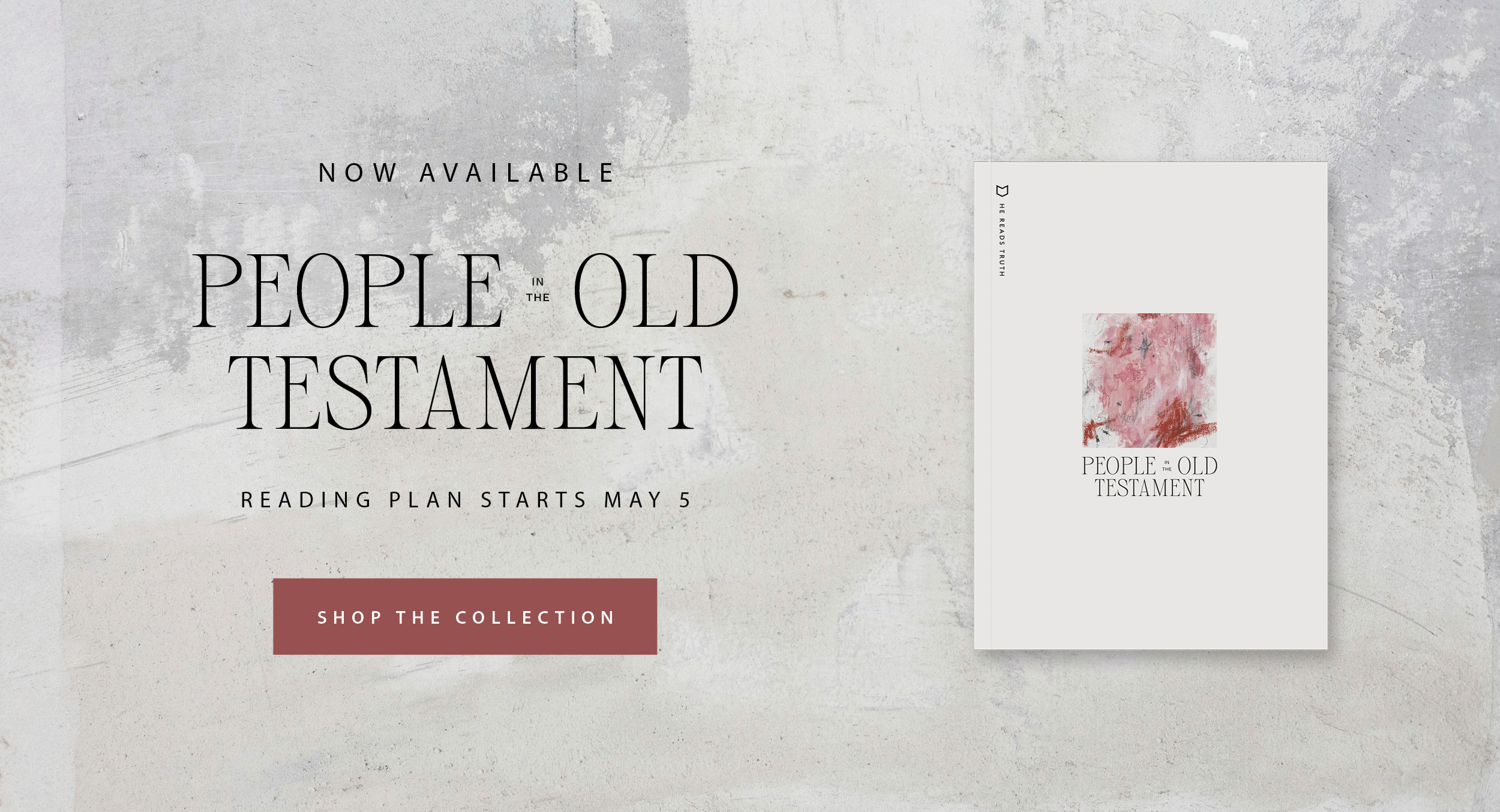By Caleb Faires
The thunderous narrative of the final plague and the first Passover is unsettling. On the heels of repeated appeals to Pharaoh, and of nine horrific plagues, all of Egypt awoke at midnight with cries of grief. Moses, summoned in the middle of the night to the court of Pharaoh, finally heard the fulfillment of God’s promise. Pharaoh declared: “Go and serve the Lord, as you have said! And bless me also!” (Ex. 12:31-32).
In their sudden departure, what words passed between the Israelites? Between Moses and Aaron? As they ate their unleavened bread, remembered the blood on the doorposts, and packed up their things, God told them to remember this moment.
As the years went on and they commemorated their departure by reenacting that night, their children would ask, “What do you mean by this service?” And they would say “God declared it is the sacrifice of the Lord’s Passover, for He passed over the houses of the people of Israel in Egypt, when He struck the Egyptians but spared our houses” (Ex. 12:26-27).
Moses himself, in the midst of the Exodus, had been commissioned to do one thing: lead Israel to see the glory of God’s deliverance—to see the gospel. The signs and wonders, the terror of God’s judgment against sin, the undoing of Egypt’s idolatry, the sign of blood above the doorposts, the plundering of Egypt, and the hasty rush to freedom: these were all to be remembered and memorialized forever.
In the face of all this, the figure of Moses seems quite small. And that is exactly as it should be. God reminded Moses again and again that even as Moses faithfully delivered God’s words and warnings to Pharaoh, all things would come to pass by God’s own doing, in God’s own time, for God’s own glory.
Indeed, the Lord said to Moses, “Pharaoh will not listen to you, that my wonders may be multiplied in the land of Egypt” (Ex. 11:9). The fact that Moses’ words would seem fruitless before Pharaoh, time and again, was not reason for despair, but a reminder that God’s work of redemption is none of our doing.
When God performs His works, it is always to show forth Christ’s preeminence. Even in that first Passover, long before the coming of Christ, we know that “by faith [Moses] kept the Passover and sprinkled the blood. Indeed, he considered the reproach of Christ greater wealth than the treasures of Egypt, for he was looking to the reward. By faith he left Egypt, not being afraid of the anger of the king, for he endured as seeing him who is invisible” (Heb. 11:28, 26-27).
The significance of the Exodus and the Passover are just as monumental for us as they were in the days of Moses. Like Moses, we are called fix our eyes not upon the kingdoms of this world nor upon the destroyer who comes in the night, but upon Christ Himself.
God is a deliverer. He “will not allow the destroyer to enter” (Ex. 12:23), but delivers His people out of bondage. We, like Moses, are called to celebrate this deliverance forever, for even as God “brought out Israel with silver and gold”, so He has led us forth in Christ, who is “greater wealth than the treasures of Egypt” (Ps. 105:37; Heb. 11:26).
Written by Caleb Faires
11 thoughts on "The Exodus"
-
He teaches us not to focus on the kingdoms of this world or the destroyer who comes in the night, but upon Christ himself.
-
The fact that Moses words would seem fruitless before pharaoh is not reason for despair, it was a reminder that GODS WORK OF REDEMPTION IS NONE OF OUR DOING.
-
It shows that God consistently rescues us from the destroyer, takes us out of bondage, and leads us forth in Christ.
-
Gratitude. A deeper understanding of the OT.
-
God please help me remember you fight my battles. It’s all about you God. You want everything (even when it seems bad) to point us back to you. Please help me remember that.
-
We are called to listen and obey God and then to wait on him.
-
Remember God’s goodness and salvation today. He has done everything for me, and it’s so easy to forget the most amazing things that he has done. Be thankful that I have a God who has chosen me to save and live out that thankfulness in obedience to him.
-
God is a deliverer who works on his own time.
-
The Gospel saves us from our bondage.
-
Thank you, Lord, for saving me from my sin. Help me to obey you today so I can show you my gratitude.
-
there is always so much confusion and debate over God hardening pharaoh’s heart, but i see now it was not God causing him to have a sinful heart or attitude. where pharaoh’s heart already was God simply was pushing/ causing stubbornness or solidifying his choice and heart in relation to Moses and what he asked.

Post Comments (11)